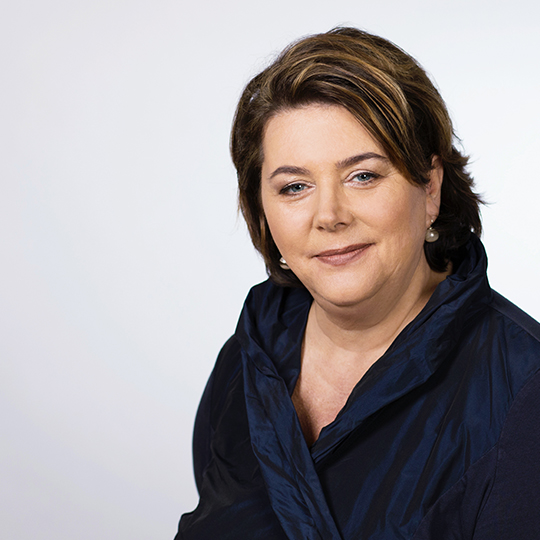Bernhard Göschlberger has been teaching the integrated course Software Engineering and Project Management as part of the Informatics degree programme at IMC Krems since October 2020. His main job since April 2023 is as a data scientist for the Predictive Analytics Competence Centre of the Ministry of Finance. Prior to this, the doctor of computer science worked for 12 years in application-oriented research into digital forms of learning and teaching and headed up the Mobile Knowledge Lab at Research Studios Austria Forschungsgesellschaft.
Reacting to the unforeseen and making results reproducible
The name of my course already encompasses two areas: project-based work and engineering-based work. The former has a lot to do with developing previously unknown solutions to problems together as a team and being able to react well to unforeseen events. The second has to do with the desire to make good results reproducible. This is definitely a contradictory area of tension. In a nutshell, I would say that students should ultimately be able to develop software together in a coordinated and structured way so that as little as possible is left to chance.
Group work to solve problems
The concept of my course already includes the approach that a practical software project should be realised in group work. In my view, this is also the only chance to familiarise students with the problems that arise in software projects in practice. I also try to find something new every year that fulfils the requirements of the adjective "practical".
Projects from professional practice
I am always on the lookout for practical projects. In recent years, I have brought in projects from my own professional practice - for example, topics from contract research projects or topics that came from direct project partners or customers. Due to my job change, I no longer have this opportunity. I was therefore looking for opportunities to offer practical relevance and got in touch with Concept Reply through a good friend from my student days. Especially in my subject, there is nothing better for students than problems from the "real" world and the need to communicate with external clients. This learning experience is one of the most important things you can give in what is ultimately a very short semester. The company also benefits a little, of course, as they also have the opportunity to recruit students who stand out positively. Good people are hard to find, especially in computer science, and our students are international anyway - so they may well be willing to go to Munich.
Inspiration for my main job from the students
The practical work in the projects means that I learn something new from my students every year. Most of the time it's new software tools (it's impossible to keep track of everything), but sometimes it's approaches or approaches that the students develop for themselves as part of the project work. That's great because you always see a range of working methods, but also whether it works. I have often taken inspiration from this for my main job, but also for the theoretical part of my course.
Setting priorities
You always have too little time. You actually want to coach every project group and provide the best possible support. However, this is not always possible as you also have to fulfil your main job. So, you have to prioritize and let the students work independently. This is sometimes frustrating, but also an important experience for the students.
Bernhard Göschlberger in person
The Upper Austrian is married and has two sons (aged 2 and 0), a house (technically more of a building site) and no pets. When he finds the time, he plays a card game that he used to play 20 years ago but had forgotten about for 15 years: Magic the Gathering. He owns over 20,000 cards and, much to his wife's chagrin, the number is growing every month.
Bernhard Göschlberger in the Word Rap
What's on your bedside table?
On my bedside table is an Amazon Echo Dot (listens to Alexa).
What does your bucket list look like?
At the top of my bucket list: Renovating an old building. We bought a 100-year-old house last year that was last renovated 40 years ago.
Who would you most like to go for a coffee with?
There are many. At the moment, perhaps Allen Holub (a very entertaining software project guru) or Simon Nielsen (a very entertaining professional Magic the Gathering player).
Holidays by the sea or in the mountains?
By the sea.
Are you a morning person or an evening person?
Do adult morning people really exist? Evening person - with children.
On the subject of reading: all digital or still in print?
News digitally, literature in print (mostly paperbacks).





